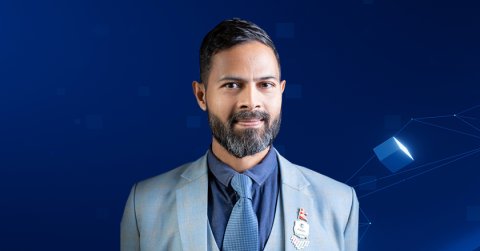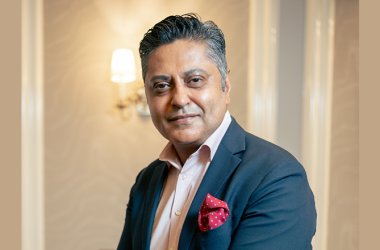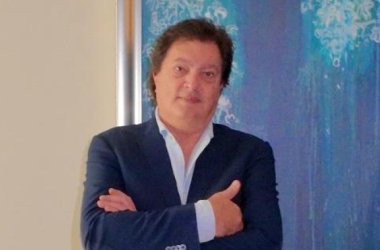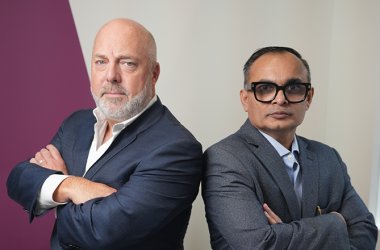
Padam Kafle, Head of Operational Technology, Innovation and Automation Healthcare at Aster Hospitals – UAE and Oman, has written a terrific op-ed, in which he details how he is on a mission to rewrite the DNA of the healthcare industry, by leveraging the capabilities and power of ‘superintelligence’.
Healthcare today feels like a battlefield fought with yesterday’s weapons. Hospitals drown under rising cases of chronic disease. Doctors spend more time buried in paperwork than listening to patients. We wait for illness to strike before we act — and then scramble to fix what could have been prevented. I believe that this crisis is not just medical, but systemic. And my solution to the problem has been described by some as bold.
I believe that it is time to replace reactive ‘sick care’ with a healthcare architecture powered by Machine Superintelligence — a system that thinks ahead, adapts continuously, and serves every human, no matter where they are.
The AlifZetta Vision: Building Healthcare That Thinks
My initiative entitled, AlifZetta Superintelligence, doesn’t see healthcare as hospitals, doctors, or insurance. It sees it as a living, intelligent organism that must learn, predict, and evolve.
Its pillars break radically from the old model:
- Predictive: Spotting risks years before disease manifests.
- Adaptive: Treatments that shift dynamically with new data.
- Decentralised: Giving even a rural clinic the decision power of a world-class hospital.
- Autonomous: Freeing doctors from routine drudgery so they can focus on patients, not screens.
- Modular: Designed like Lego blocks, so any country can adopt it piece by piece.
This is not a gadget or an app. It is a blueprint for an entirely new era of medicine.
Where Superintelligence Already Touches Lives
The seeds of this future are already sprouting:
- Drug discovery accelerated from years to months.
- Diagnostics that see what the human eye cannot.
- Wearables and data streams that whisper warnings long before the first symptom.
Each of these breakthroughs is a fragment. Superintelligence stitches them into one seamless fabric.
The Human Equation
For me, technology is not the story’s hero — people are. We must rail against a future where machines dictate and humans obey.
Instead, we need to produce tools that amplify compassion: giving doctors more time to comfort, explain, and heal. Superintelligence should be the quiet partner in the room. The doctor still looks you in the eye. The system just makes sure the doctor has every insight, instantly.
Breaking Through the Walls
Every revolution meets resistance. Healthcare has more than its share: entrenched workflows, budget fears, professional scepticism. My playbook for overcoming this is not just technical but cultural:
- Educate relentlessly.
- Involve patients, not just providers.
- Redesign workflows from the ground up instead of bolting AI onto broken systems.
Adoption is about trust more than technology.
The Ethics Compass
Powerful intelligence without ethics is dangerous. I believe in four safeguards:
- Fairness — no biased data.
- Privacy — health data treated like sacred ground.
- Transparency — no black boxes; every decision must be explainable.
- Accountability — humans remain responsible, even if machines suggest.
In healthcare, trust is oxygen. Lose it, and no innovation survives.
The Coming Wave
Here are some of my predictions for what will reshape medicine in the next five years more than the last fifty:
- Unified data from genetics, scans, and lifestyle woven into a single health map.
- Care plans that evolve daily, tailored to each person like a fingerprint.
- Generative intelligence that drafts notes, translates complex diagnoses into plain language, and helps clinicians make faster, sharper calls.
The prize? Patients who live longer, healthier lives and systems that sustain themselves without collapsing under cost. Superintelligence is coming, whether the world is ready or not. My mission is to make sure it arrives in service of life, dignity, and wellbeing.
Healthcare today treats disease. My vision? A world where healthcare prevents it — where technology makes us healthier not just by saving lives, but by enriching them.
Because the true success of medicine is not survival. It is thriving.
Image Credit: Aster Hospitals





